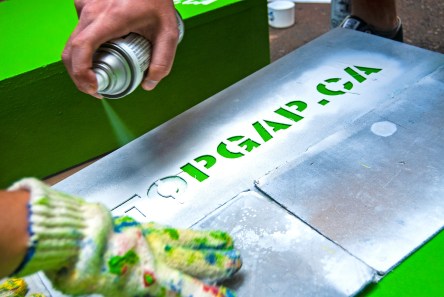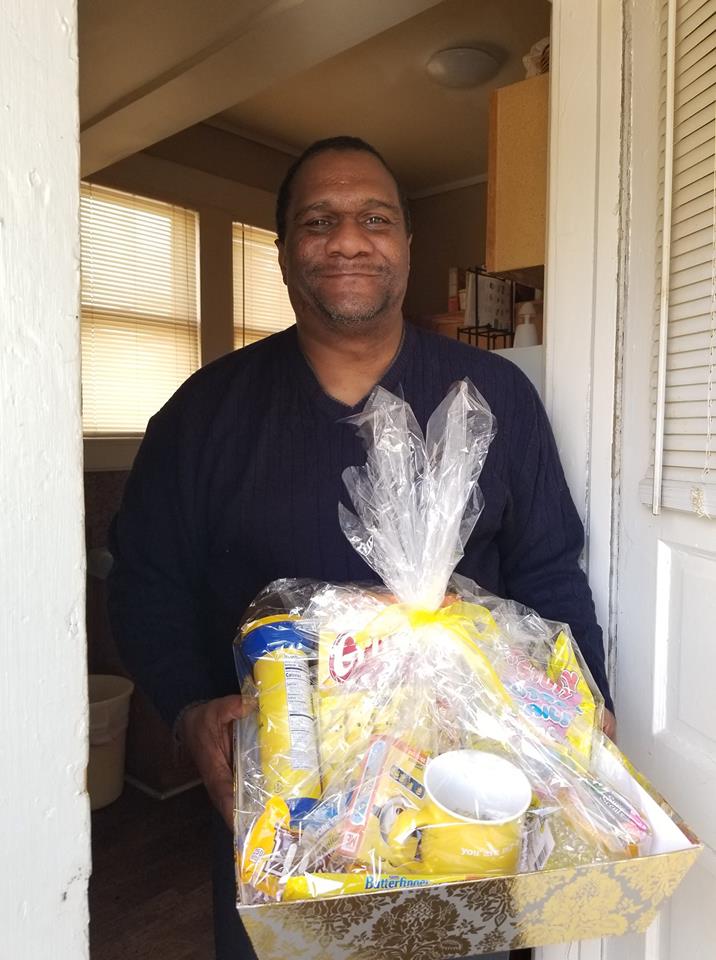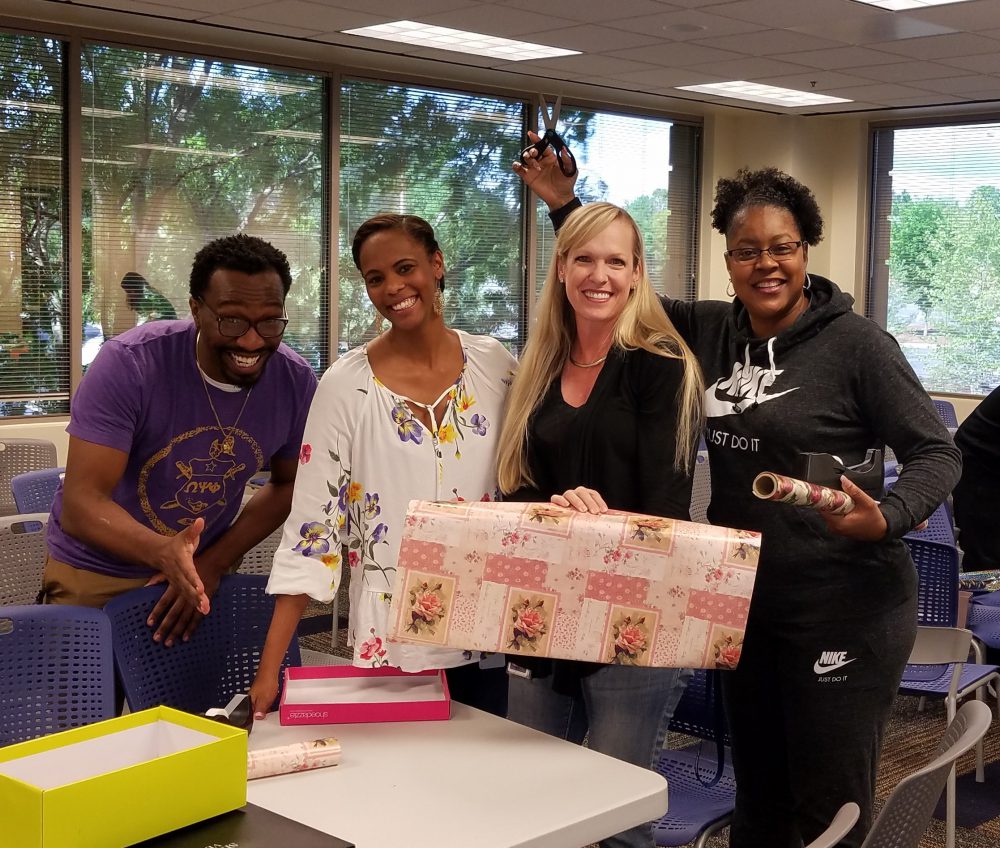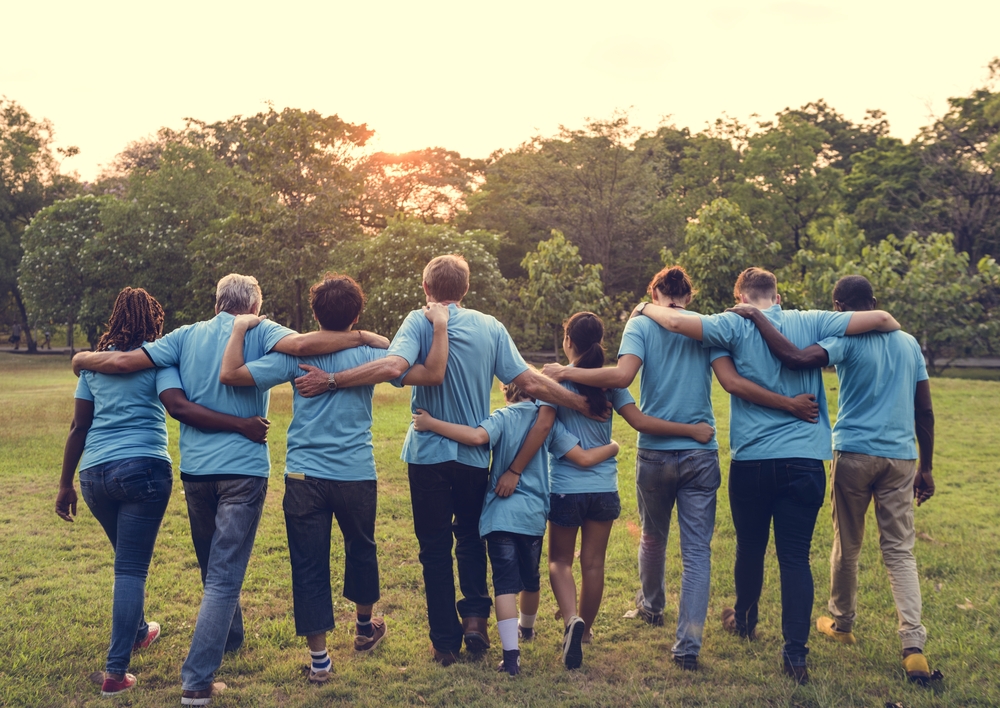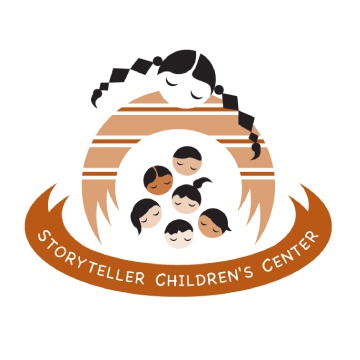If you see the picture on the right and think “wheelchair ramps,” you’ve only seen the tip of the iceberg. It’s also a stroller ramp, an aid for people with chronic joint pain, a ramp for tiny kids with tiny legs, and a blessing for CrossFitters on leg day. In short, all sorts of people appreciate a gradual transition between spaces. Toronto-based StopGap helps businesses and organizations make such transitions possible at low or no cost while broadening the conversations on access and equity. 1 or 1,000 Steps, Same Problem Although Luke Anderson is an engineer, he had never paid much attention to the multitudinous businesses, places of worship, and public structures that used stairs to transition between spaces. Once Anderson began using a wheelchair daily, he noticed just how many buildings failed to offer barrier-free access to visitors and occupants. While such access is essential for wheelchair users, others would benefit from barrier-free entry as well. The “curb cut affect” defines that when something is made easier for one population, it often helps members of other populations. Ramps for wheelchair users would also benefit delivery persons, the elderly, and others who are hindered by stairs. Anderson, along with his friend and coworker Michael Hopkins, began to plan a way to bridge the gap between accessibility and the costs needed to improve accessibility. Addressing the Gap Anderson is now the executive director and co-founder of StopGap, which aims to break down barriers one step at a time. StopGap Foundation works to create a world where every person can access every space. As a result, the non-profit is creating a world where everyone can live a life of independence, spontaneity, and ultimate fulfillment. But the organization didn’t begin with such grandiose plans. “I thought it...
Housing, Affordable
Yardi Raleigh + CASA
Since 1937, the benchmark for cost-effective housing has remained the same. Occupants can be expected to allot about 30 percent of their income on housing. Yet in the Triangle region of North Carolina, many low-income families cannot find housing at 30 percent of their income. The struggle is exacerbated when disability and other medical issues consume a significant portion of household incomes. CASA of Raleigh aims “to provide access to stable, affordable housing for people who are homeless or at risk by developing and managing rental communities.” The nonprofit acknowledges that homelessness is a complex problem. Yet CASA has simplified its approach: the solution to homelessness is housing. CASA in Action CASA has supported the Triangle region since 1992. The organization owns, manages, and rents homes to individuals and families in need. To date, CASA communities are divided with 70 percent serving as supportive units and 30 percent as workforce units. Populations served include those living with disabilities, veterans, families and individuals that have previously experienced homelessness or are at risk. Last year, CASA welcomed 137 new families into new homes and renewed leases with 300 households. Of those homes, 78 percent have one disabled member and 23 percent include a veteran. CASA’s programming relies on community support and donations. Contributions both large and small can make a significant difference in the lives of those in need. Yardi + CASA Yardi’s Raleigh office recently volunteered to construct gift baskets for current and incoming tenants of CASA communities. The baskets vary, some containing kitchen essentials while others were geared towards family time and activities. The latter included picnic-style baskets, meal kits, snack and activity kits. The staff at CASA will distribute the baskets to tenants based on their need. New tenants receive baskets that have...
Small Box, Big Impact...
Yardi ATL + United Way
The United Way of Greater Atlanta Shoebox Project is a creative way to provide more than 30,000 homeless people in greater metro Atlanta with daily necessities. Each year, Yardi Atlanta lends its creativity, time, and resources to help United Way fulfill its mission. This year was another success! The Shoebox Project United Way of Greater Atlanta is a nonprofit organization serving 13 counties in Georgia. These counties are home to nearly half a million children who live in communities with low or very low child well-being scores. Many of these children and their families may struggle with homelessness. In 2006, United Way of Greater Atlanta launched the Shoebox Project as a campaign to collect essential items for homeless populations. The organization reached out to individuals, families, and businesses to fill shoeboxes with toiletries for men, women and children. More than 13 years later, the Shoebox Project has been adopted by United Ways throughout the nation. Shoebox items include toiletries as well as first aid and enrichment items. Last year, the organization collected more than 35,200 shoeboxes with a value of more than $704,080. Yardi + United Way Yardi’s preparation for the Shoebox Project is a year-round endeavor. Employees donate supplies such as undergarments, toiletries, hygiene products, first aid kits, and portable activities for children. Employees are encouraged to explore cost effective options by donating time or free items, such as complimentary goods from businesses. Near the end of spring, Yardi volunteers sort items, allocate them to shoeboxes, and then cover the boxes in gift wrap. This year, Yardi packed and wrapped over 75 boxes! The United Way collects its donations from volunteers throughout the metro Atlanta area. It then distributes the shoeboxes to local nonprofit agencies that serve homeless and low-income men, women and children....
Supporting the Community
Yardi Atlanta
To jumpstart the giving season, Yardi Atlanta Charity Committee recently released an overview of the year’s philanthropic efforts. The grants demonstrate Yardi’s mission to “take care of our communities” in action! The following 15 nonprofits received support from Yardi Atlanta in 2018. March of Dimes March of Dimes programs educate medical professionals to ensure that moms and babies get the best care available. The organization also helps families with newborns who are facing medical challenges. Several Yardi Atlanta team members participated in the annual March for Babies walk, hosted by March of Dimes. Yardi corporate also matched donations made to the organization. Mimosa Elementary School Mimosa Elementary is a Title 1 school of about 800 students. Located within an Economic Opportunity Zone, nearly 95 percent of parents’ incomes fall below the poverty line. Despite its difficulties, the dedicated school staff and Yardi team members work together to help students succeed. Recent initiatives included a backpack drive and courtyard cleanup. This year’s donation focused on improving the reading levels of third graders. Studies suggest that third grade literacy increases high school graduation rates. Camp Twin Lakes Camp Twin Lakes is a nonprofit with locations in Rutledge, Winder, and Warm Springs, GA. Camp excursions and activities provide fun developmental opportunities for children facing serious illnesses and disabilities. Kids can also experience the fun through the Campers to Go program, which takes interactive experiences to children’s hospitals throughout the state. Camp Twin Lakes continues its strong relationship with Yardi Atlanta. Through the Camper Scholarship Program, Yardi empowered 27 kids to attend camp. Make-A-Wish Georgia Never underestimate the power of a dream fulfilled! The national Make-A-Wish Foundation grants wishes for children facing life-threatening illnesses. Granting a wish brings hope! And a positive attitude can help to battle illness and improve quality of life. Yardi’s donation enabled 406 critically ill children to watch their dreams come true. Atlanta Humane Society The Atlanta Humane Society, a no-kill shelter, serves about 30,000 animals each year. Animals receive medical assistance as well as the opportunity to find a forever home with local families. Yardi’s contribution paid for 5,000 surgeries for rescued animals. Atlanta Community Food Bank In northwest Georgia, 1 in 5 children face food insecurity. Atlanta Community Food Bank aims to end food insecurity for families in need. Yardi’s donation supported mobile units that meet immediate demand for nutritious food in homes and at schools. While on site, staff members help residents complete screenings for longer-term assistance programs. Marcus and Sharon Gunter Foundation (MSG Foundation) Hunger adversely affects health outcomes as well as a person’s quality of life. The MSG Foundation serves families, children and seniors facing hunger in Cumming, Ga. With Yardi’s support, recipients receive aid through a monthly grocery supplementation program. School-aged children are eligible for Bags of Love, which provides sack lunches to kids during school breaks. Atlanta Children’s Shelter Atlanta Children’s Shelter aims to end family homelessness in Georgia. The organization also offers therapeutic programming to facilitate recovery from trauma. Yardi Atlanta’s donation was allotted to the STEAM program, which helps homeless children reach developmental and academic milestones. Foster Care Support Foundation More than 8,000 children rely on foster services in Georgia. Children can escape abuse and neglect through Foster Care Support Foundation. The organization supplies essential items for foster parents and their families. Yardi’s donation provided 90 children with necessities such as clothing, books and basic care items. The contribution minimizes financial strain for foster families. Yardi’s donation also supports the mentorship program that helps teens in foster care navigate their journey towards adulthood. Lost-n-Found Sexual minority youth compose more than 40 percent of homeless youth in Atlanta. Lost-n-Found Youth strives to end homelessness for young members of the LGBTQ community. The nonprofit offers housing and counseling services to those in need. In addition to financial donations such as Yardi’s, Lost-n-Found Youth provides services through thrift shop revenues. The Drake House...
Storyteller SB
Turning Another Page
Since 1988, Storyteller Children’s Center has helped Santa Barbara’s homeless and at-risk toddlers achieve kindergarten readiness. Therapeutic preschool and support services provide students will the skills needed to beat the odds and excel. Since our previous article, Storyteller has grown. The second location and its staff are thriving. Even with the second location, the center has a waitlist for enrollments. In 2014, the waitlist averaged 80 families. This year, the waitlist has 144 families. The demand for Storyteller services continues to rise as local families struggle with homelessness, food security, and access to fundamental necessities. More than 90 percent of families serviced live below the 2017 Federal Poverty Guideline of $24,600 for a family of four. Delene Bliss, Director of Development at Storyteller, understands the conditions in which many students live. “That’s not a livable wage,” Bliss said. “That’s just the federal poverty guideline but that wage makes living very, very difficult in Santa Barbara.” About 56 percent of Storyteller families are single income, single parent households. Shelters or crowded, shared residences are what 53 percent of students call home. In addition to precarious living conditions, 43 percent of children strive to learn while managing developmental delays or disabilities. Without the help of Storyteller, these children would risk falling farther behind than their peers. The small classroom settings and one-on-one attention that students receive at Storyteller increase students’ chances for success. Yet in spite of the odds, Storyteller students are flourishing. Storyteller collaborated with the University of California, Channel Island and the University of California, Santa Barbara to conduct a study of Storyteller graduates. Dr. Michael Furlong of the University of California, Santa Barbara’s Counseling Clinical and School Psychology program led a team of researchers on a quest to determine the long-term effects of...

